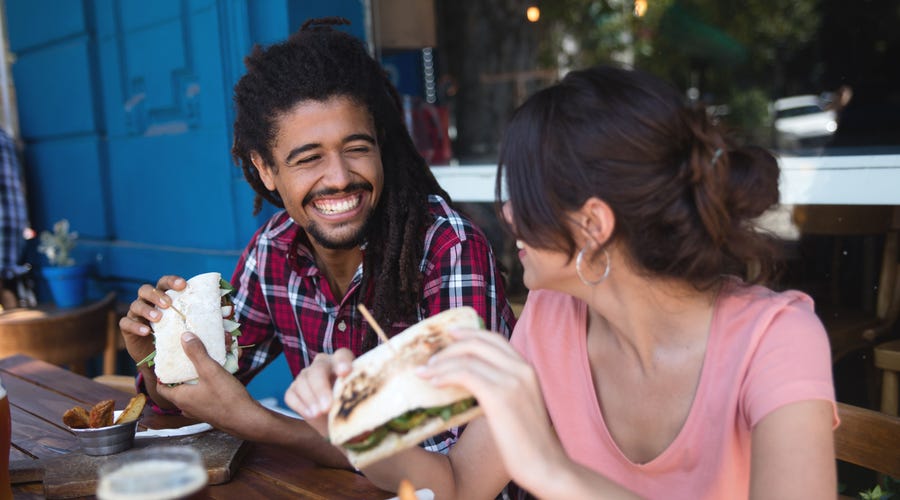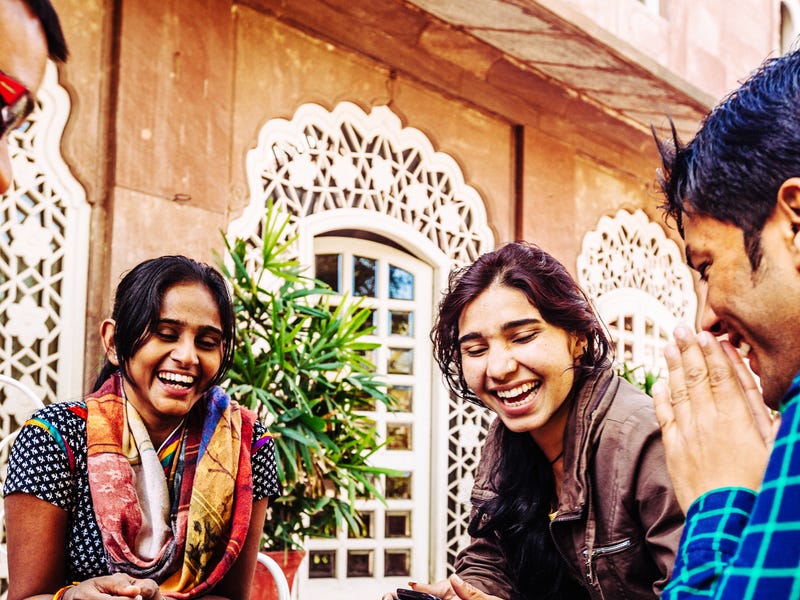
How to make friends in a new country
Jo Hartley
Friends make us feel good. Sharing a meal or drink, exercising or simply hanging out binge-watching Netflix is so much better in company. Even science proves it’s true.
An article published in Personal Relationships found that those with supportive friends, rather than family, reported fewer health issues and increased happiness later in life.
Other research found that simply talking with friends for as little as 10 minutes a day improves memory and focus, while the mental benefits of friendship include improved confidence, self-worth and increased sense of belonging and purpose.
But what happens when you move overseas and leave your friends behind? Here are some tips on how to make friends in a new country
1. Use social media and social event sites
Social event sites such as Meetup are a great way to make new friends.
Whether you’re searching for an expat catch up, a walking group, food lovers or bookworms, you’ll find a meetup that suits. Alternatively, you can create your own meetup group.
Social media is another great way to make new friends. Search for pages that are relevant to you and your local area. Expats, local meetups and groups are a good place to start.
2. Move out of your comfort zone
Moving out of your comfort zone is one of the best ways to make new friends. Accept every invite that comes your way. The more you accept, the more people you’ll meet.
Ask colleagues if you can tag along to social events and migrate to those who are particularly sociable. Be positive and spontaneous and reach out with invites of your own.
Similarly, try an activity that’s completely new and you’ve always been too fearful to try.
3. Organise a dinner party
Invite colleagues or fellow expats to dinner and ask each of them to bring a friend or two.
Set up a table plan so that everyone sits with someone they don’t know and rotate seats during the evening so you all get to chat.
Aim to find out one interesting thing about each person you chat to. Think favourite foods, hobbies, countries travelled or best overseas experience. Who knows, you might have more in common than you think.
4. Keep it local
By going to your local supermarket, bar, gym or café regularly, it’s likely that you’ll start to see the same people, so conversations with them become easier.
Initially you may only talk about the weather or ‘specials of the day’ but, over time, chats can develop into friendships.
Locals are also often in the know about upcoming events before anyone else, so ask them about these or local social activities or groups that they can recommend.
5. Embrace culture
Embracing the culture, foods and lifestyle of your new country can open up a variety of new experiences as well as friendships.
Having an understanding of local culture can help you converse with locals, who will appreciate you making the effort to integrate and may extend invites to other cultural events.
Meeting like-minded people at museums or cultural events is also a good way to establish friendships with travelers and expats.
6. Learn a new language
Learning the local language makes it easier to connect, build relationships and gives you additional confidence when attending local events.
Being able to read newspapers and community notice boards helps you embrace your new culture and keep in the loop about what’s happening locally and countrywide. You’ll never be short of conversation starters with new friends.
In fact, a language course, will have you talking yourself into new friendships in no time at all.
With the right steps and the right attitude, making friends in a new country isn’t hard. It’s just a matter of patience and time. Remember that all good things come to those who wait and living in a new country can be about as good as it gets.


